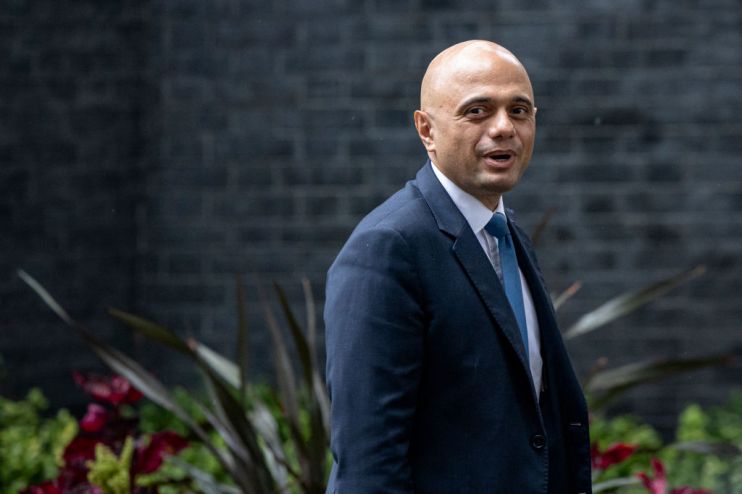Covid-19: Government aims to avoid winter restrictions with booster jabs and teenage vaccinations

Health Secretary Sajid Javid has said Government intends to avoid a return to Covid-19 restrictions through booster jabs and vaccinations of 12 to 15-year-olds, as he set out an autumn and winter pandemic plan.
The Health Secretary said ‘Plan A’ is a series of pharmaceutical interventions, with the objective of avoiding “unsustainable pressure” on the NHS.
But the Government’s plan also proposes a Plan B – including mandatory masks in certain settings, the possible imposition of vaccine passports and even a return to working from home orders.
“We are, as a country today, a much better place than we were at the start of this year,” the Health Secretary said.
“No one wants to see any death from any disease, including Covid,” Javid continued, adding that “It’s not completely preventable, but it’s our vaccines that are making a difference.”
A document released alongside Javid’s statement said that any working from home directive would cause “more disruption” to businesses and “has greater immediate costs to the economy” and so a final decision would only be made if unavoidable.
The Government is hopeful that the link between cases, hospitalisation and ultimately deaths has been broken by the rollout of vaccines.
The evidence suggests this is true, with few of those dying in the UK this year having been doubly jabbed and therefore fully protected.
However, there are still concerns that a combination of the usual winter pressure on the Health Service, any kind of uptick in the usual flu caseload, or an unexpected Covid-19 spike as schools and offices come back could tip the balance towards difficulties in the nation’s hospital.
The Health Secretary added that: “More GPs should be offering face to face access and we intend to do more about it.”
The Government also confirmed that test and trace legislation where people have tested positive for Covid-19 would remain in place over the winter.
“The Government would provide prior notice as far as possible to the public and Parliament ahead of implementing any necessary changes in a Plan B scenario,” the plan also promised.
Vaccines for teens
There has been some concerns around child consent in terms of agreeing to Covid-19 vaccinations, now that they have been approved for children over the age of 12.
However, Javid assured that the Covid-19 vaccinations will work the same as all previous child vaccinations, a process which has been used by successive governments.
There will be “no difference to the current processes deployed”, he said, adding that “in the vast majority of cases there is no dispute between what the parents decides and what the child might decide.”
Though if there is a dispute between a parent and child, the school age immunisation service can help reach a consensus.
Opening up the vaccination programme to children has meant the Government can soon revoke its power to close schools under the emergency Coronavirus Act.
“With the measures we set out today, we can be confident that our children will not have to go through again the disruption we’ve seen,” Javid said.
Javid added that asymptomatic testing for children will continue this month.
Booster shots
The booster shots, soon to be available for over 50s, will help protect older people amid concerns that the efficacy of the vaccines can fade over time.
“We received clear advice that the antibody response from two vaccines wasn’t enough,” the health secretary explained. “It’s really important. We want everyone to take up the offer of the vaccine.”
While some of the UK’s population will be eligible for a third jab, at least six months after their second, vaccine uptake rates in ethnic minority communities remain behind those of white British communities.
But these rates have been improving, Javid said: “The good news is, partly as a response to Government action…we have seen a significant increase in uptake in those communities.”
Vaccine uptake can help protect the country against future variants that may emerge from increased infection rates.
However, some variants may be able to evade the protection of the vaccines if it has had the opportunity to mutate enough.
Javid urged that while the Government is “on guard about future variants”, but that no one can rule out potential future “vaccine escape variants”.
The Health Secretary added that, “in that situation, the Government would have to take further action. That is the kind of risk that we need to be on guard for.”
